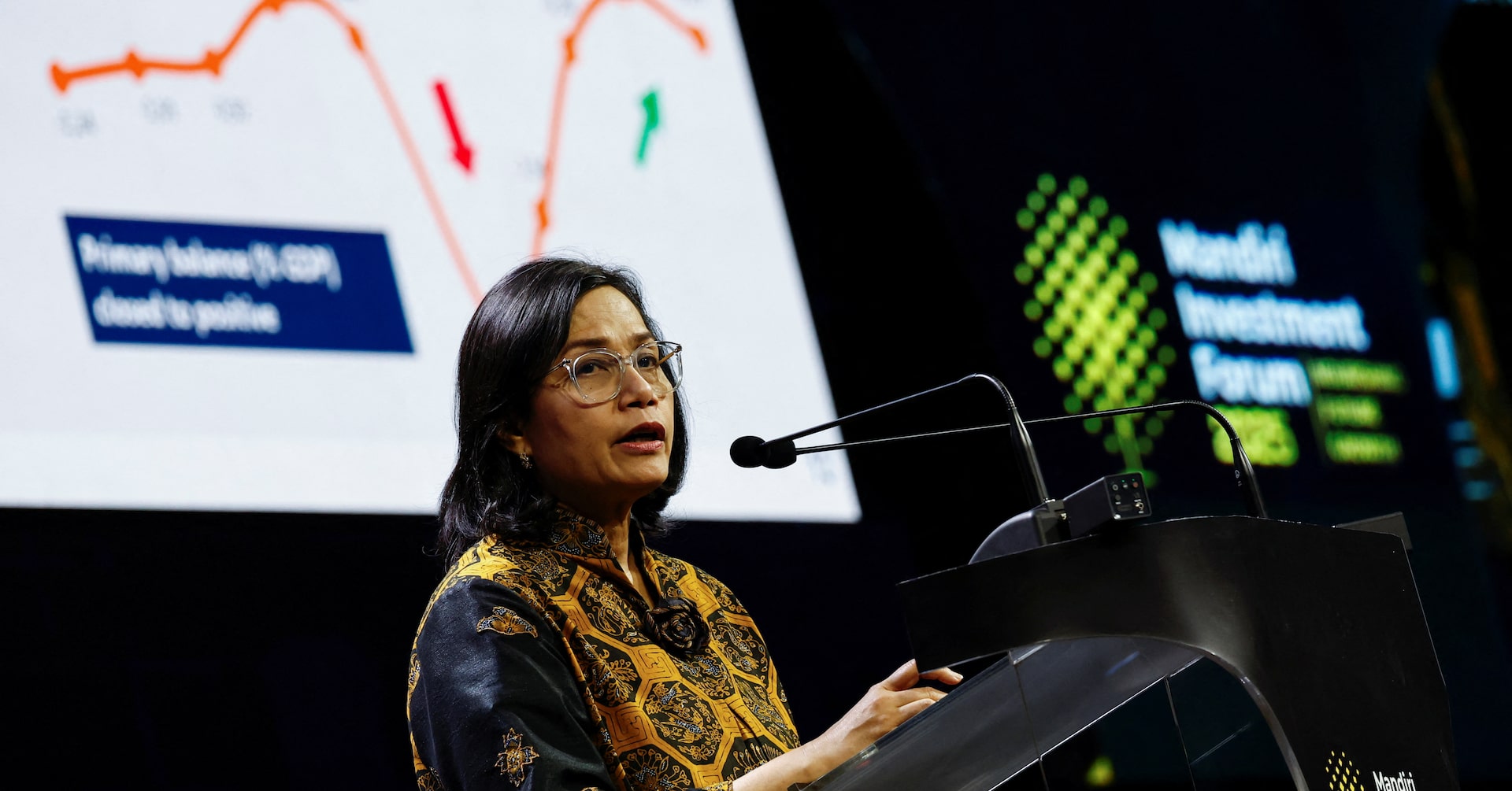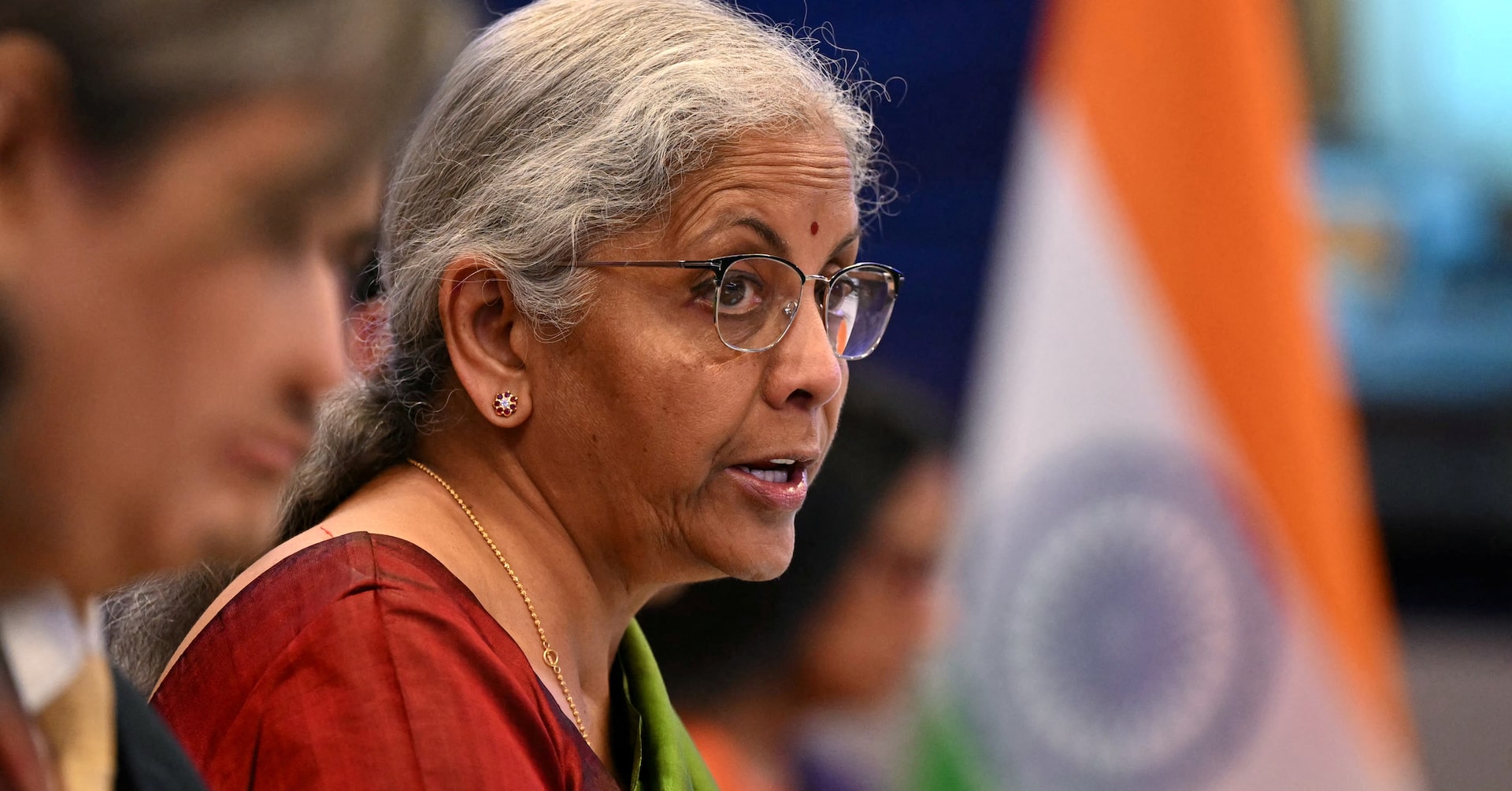Shock Wave in Jakarta: Finance Minister's Ouster Sparks Market Panic and Rupiah Plunge

In a shocking turn of events, Indonesia's financial landscape has been dramatically reshaped by the unexpected departure of Sri Mulyani Indrawati, a highly respected finance minister who was widely credited with maintaining the country's economic stability. Her sudden removal has sent ripples of concern through financial markets, triggering widespread speculation about the potential economic implications under President Prabowo Subianto's emerging leadership.
Investors are growing increasingly anxious about the potential erosion of Indonesia's hard-earned fiscal credibility. The concern stems from President Subianto's apparent inclination towards populist economic policies that could involve substantial and potentially unsustainable government spending. Mulyani, known for her pragmatic approach to financial management, had been a crucial bulwark against fiscally reckless initiatives, and her exit raises serious questions about the future direction of Indonesia's economic strategy.
The abrupt leadership change signals a potential shift from the disciplined financial approach that had previously characterized Indonesia's economic management. Market analysts are closely watching how these developments might impact investor confidence, foreign investment, and the country's overall economic stability in the coming months.








